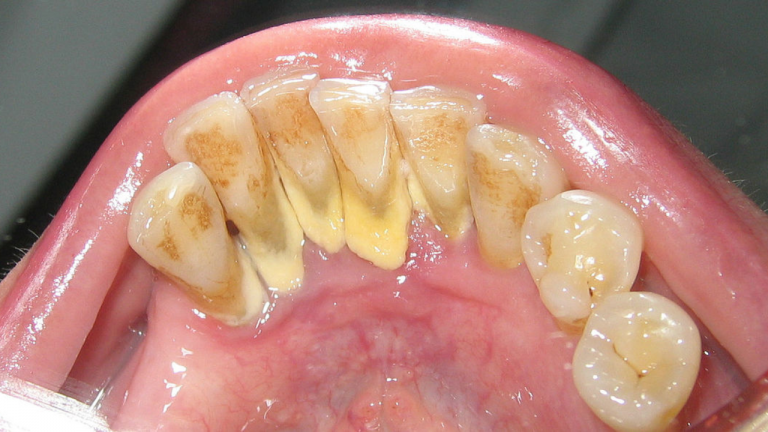What are the Foods Allowed and Not Allowed for Kidney Stones?

If you have kidney stones, it’s important to follow a diet that helps prevent the formation of new stones and reduces the risk of existing stones getting larger. Here are some general guidelines for foods to include and avoid:
Foods to include:
Water: Staying well-hydrated is important for preventing kidney stones. Drink plenty of water throughout the day, especially if you are prone to developing stones.
Citrus fruits: Fruits such as lemons, limes, and oranges contain citric acid, which can help prevent the formation of kidney stones.
Whole grains: Choose whole grain products such as bread, pasta, and rice instead of refined grains, as they contain more fiber and may help reduce the risk of kidney stones.
Low-fat dairy: Low-fat dairy products such as milk, yogurt, and cheese are good sources of calcium, which can help bind to oxalate in the gut and prevent it from being absorbed into the bloodstream and forming stones.
Vegetables: Many vegetables are low in oxalate and high in water and fiber, making them good choices for preventing kidney stones. Some examples include cucumbers, lettuce, and zucchini.
Foods to avoid:
High-oxalate foods: Foods high in oxalate can increase the risk of kidney stone formation. Some high-oxalate foods to limit or avoid include spinach, rhubarb, beets, chocolate, and nuts.
Animal protein: Consuming too much animal protein, such as red meat, poultry, and seafood, can increase the risk of kidney stone formation.
Salt: High sodium intake can increase the amount of calcium in the urine, which can contribute to the formation of kidney stones. Limit processed foods, and avoid adding extra salt to your meals.
Sugar: Consuming too much sugar can increase the amount of calcium in the urine, which can contribute to the formation of kidney stones. Limit sugary drinks, sweets, and desserts.
It’s important to note that the specific dietary recommendations may vary depending on the type of kidney stone you have. It’s best to consult with a healthcare professional or a registered dietitian for personalized dietary advice.



